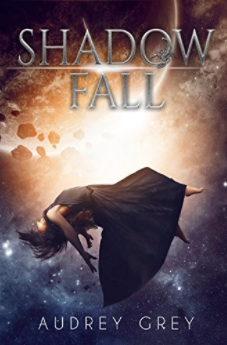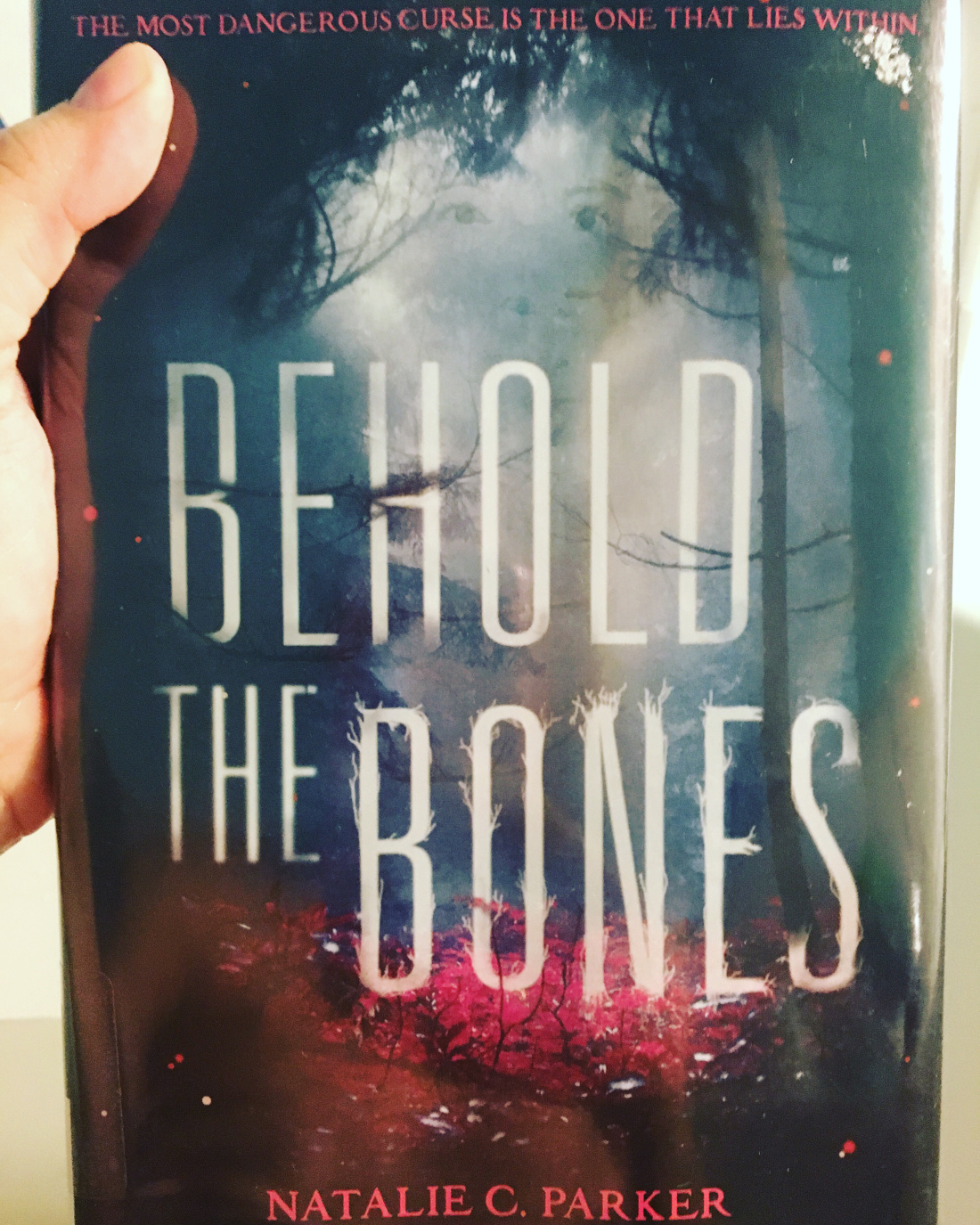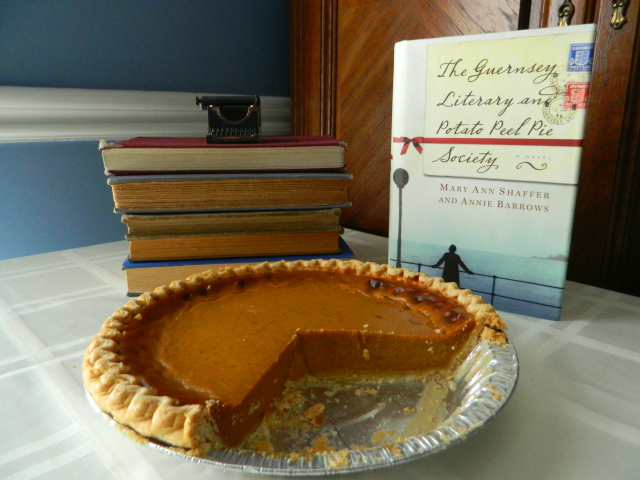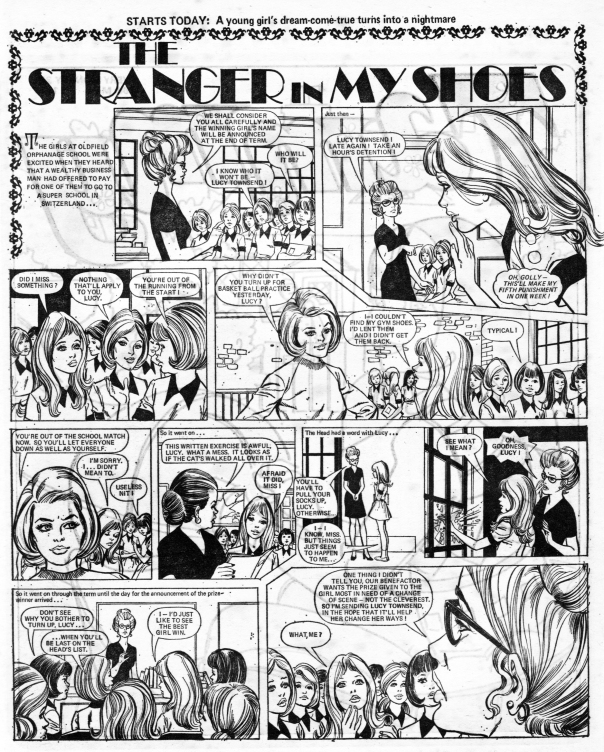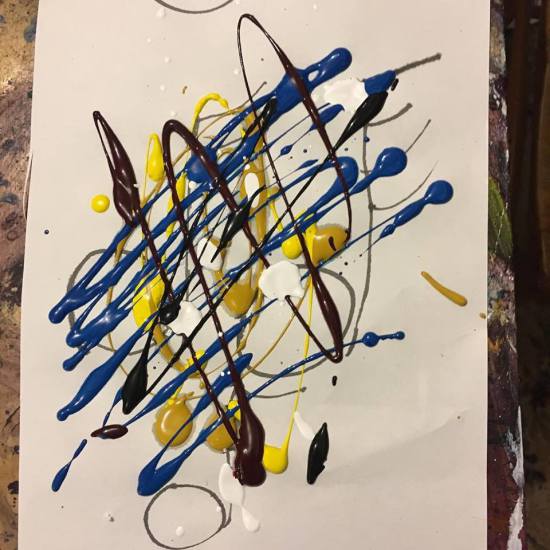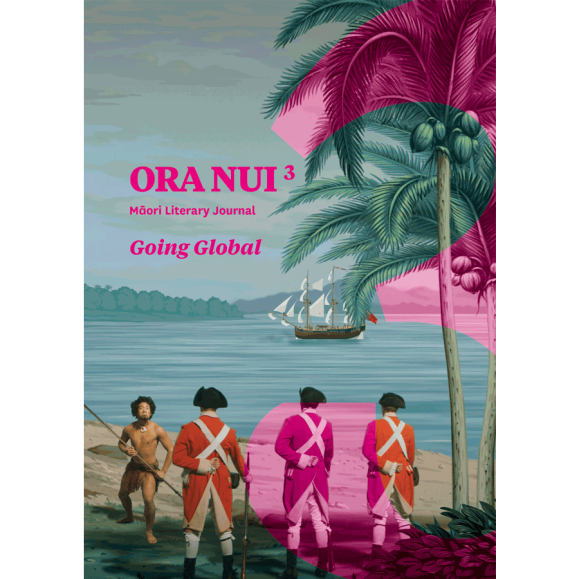
Ora Nui is a journal edited by Anton Blank devoted to Māori experimental literature; writing that pushes the borders of identity as much if not more than it pushes the ‘how’ of writing. The latest issue draws upon issues of identity, nationhood and migration and includes a diversity voice. Amy Leigh Wicks and Jan Kemp, for example, place European perspectives alongside those of Vaughan Rapatahana, Reihana Robinson, Robert Sullivan, Jacqueline Carter, Apirana Taylor and Marino Blank.
I think Ora Nui takes apart the whole notion of experimental and transforms it; I am thinking of writing that is testing something out, that might be tethered or prompted by experience, that doesn’t necessarily demolish stylistic traditions, and might have productive talks with them. Experimental writing is often aligned with the avantgarde, however this journal refreshes the experimental page. The journal promotes conversation that tests who and how we are and gives space for voices – some with traditions of marginalisation – to speak from the local and converse with the global. Anton Blank writes: This collection is a glorious celebration of diversity and change.
The cover showcases an image from from Lisa Reihana’s astonishing art installation, Pursuit of Venus (she has assured me we will get to see this again in New Zealand). I have propped the journal on a shelf so I can fall back into her mesmerising work. The image is the perfect gateway into writing that navigates questions of identity and belonging from multiple vantage points.
What I love about this journal though is the utter feast of voices and sumptuous artworks – I cannot think of anything that has challenged, inspired or awed me in such diverse and distinctive ways. The poetry is symphonic in its reach and shifting keys. Here is a small sample of some of the poetry treats – I am till reading! I have just flicked to the back and got hooked on the lines of Robert Sullivan’s fruit poem, Reihana Robinson, Apirana Taylor, Briar Wood …. and then still sipping breakfast coffee, back to the dazzling currents of Reihana (especially ‘What is a nation?’). I just bought a book of Reihana’s poetry – I am so hoping there is more in the pipeline.
Jacqueline Carter‘s poetry often tenders a political edge. The poems included here underline her ability to get you rethinking things. These poems dig deep and resonate on so many levels.
‘The paepae
of the city’s children
is littered
with waewae tapu
people
who haven’t
been welcomed on
people
in fact
who aren’t welcome at all’
from ‘Aotea Square’ (you just have to read the whole poem!!)
Rangi Faith pays homage to Janet Frame as he imagines the seat she sits in on a train; I have never read a portrait of Janet quite like this, and I love it.
‘When I was six years old
& running around the backyard
of our brick house in King Street,
a train steamed across the old airport
between us and the sea
carrying Janet Frame the poet.’
from ‘Janet Frame Passes through Saltwater Creek’
Rangi moves further south to pull Hone Tuwhare into a luminous rendering of place.
‘this place was always good for a waiata
to sing softly, or loudly if you preferred,
andto drum your tokotoko in time
to the incoming tide
on the earth’s Jurassic skin.’
from ‘To Hone at Kaka Point Seven Years On’
This is my first encounter with Teoti Jardine‘s poetry and I am struck by its clarity, its fluidity, its striking images.
.My Great Great Grandmother
wove her korowai with clouds.
and braided bull kelp lines
to hold the tide.’
from ‘Kuihi’
Kiri Piahana-Wong ‘s lyrical poetry holds the personal close, with both movement and stillness, little pockets of thought. I was drawn to her recounting Hinerangi’s broken heart and death.
‘On the day I died
it rained. Not just any rain,
but rain accompanied by
a sapping, brutal wind
from the southwest, the
kind that wrenches doors
from their hinges,
breaks down trees
and fences.’
from ‘On the day I died’
Two essays really struck a chord with me:
Dr. Carla Houkamau’s ‘Māori identity and personal perspective’
Paula Morris’s ‘Of All Places: A Polemic on “International Book Prizes”‘
This is a substantial journal, a necessary journal, a must-read issue, and I have still so much left to savour. Bravo, Anton Blank for getting this writing and this artmaking out where we can see it. I wish I could linger and share my engagement with every piece but must get back to writing my big book. I now have some new women to bring into my writing house. Thank you.
Share this:

